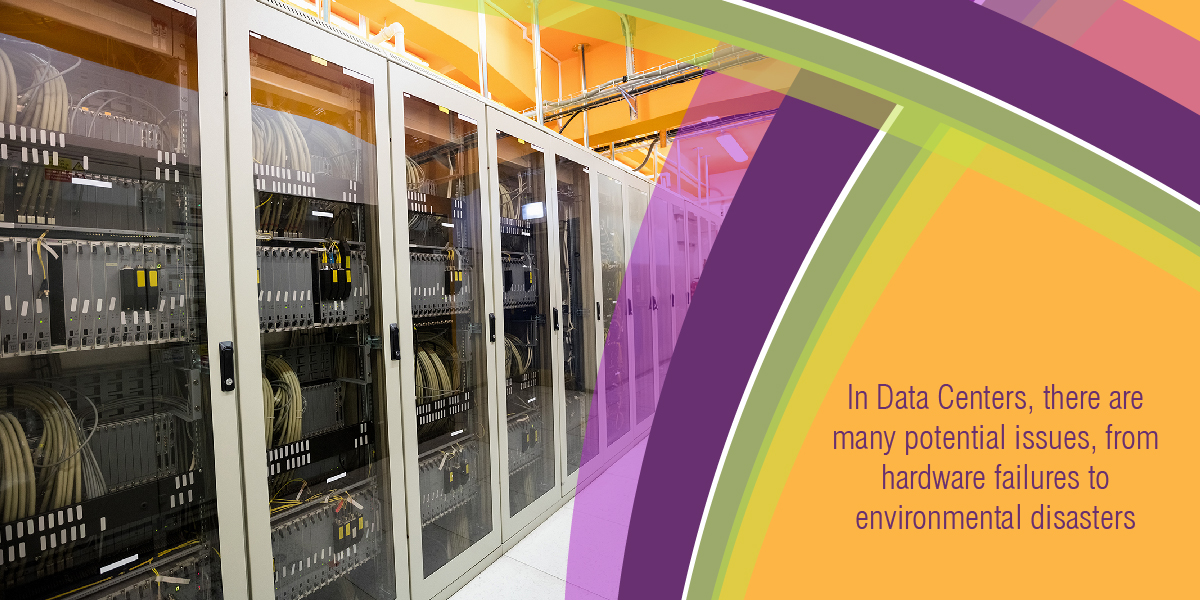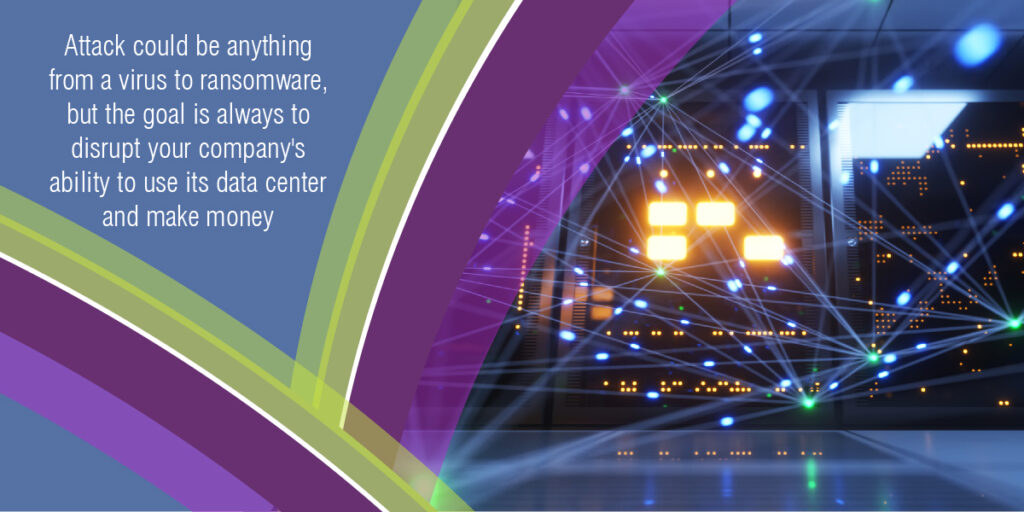This is a question that many IT professionals ask themselves daily. There are many potential issues, from hardware failures to environmental disasters. Mitigating and preparing for such instances is an entire project in and of itself.
The IT industry has come up with ways to mitigate the risks of these problems so that they don’t happen, but it’s still important to be aware of what could happen and how prepared you would be if one did occur. In this blog post, we’ll talk about some common concerns and why you might want to address them now or prepare for them later.
Hardware Failures
Hardware failure is a common issue with data centers. Here are a couple of examples of how this can be an issue.
Server Hard Drive Failures
The most common hardware failures are server hard drives. They can fail for several reasons, including being overworked or overheating and then crashing unexpectedly. One way to mitigate this risk is by backing up your data every day to have an offsite backup if something goes wrong. You’ll also want to make sure that your server room is kept at a reasonable temperature.
UPS Failures
A UPS will give you time to save data before the power goes out, but if it fails for some reason, then all of that data could be lost, and you’ll have to start over. You can mitigate this risk by working with an outside IT company that can assist with IT disaster recovery planning.
Environmental Disasters
Sometimes things will happen that are beyond your control. Natural disasters fall into this category.
Earthquakes
The most common natural disaster that can impact your data center is an earthquake. This could cause structural damage and power outages if it’s a powerful enough quake, but the real concern with earthquakes is aftershocks.
These are smaller quakes following on the heels of a larger one that will continue to shake the ground and stress your servers. One way to mitigate this risk is by installing a seismometer so that you can detect these aftershocks before they happen. Still, in an earthquake, it’s important to have disaster recovery plans ready at all times.
Fire
Another natural disaster that could impact your data center is a fire, which various issues can cause. For example, imagine there’s a fire in the server room. In that event, you’ll have to shut down your servers and work with an outside IT company that can assist with disaster recovery planning or even just manage data from afar until the issue is resolved.
Fire alarms are essential for any building but especially ones where computers are kept, as they’ll alert you to the dangers before it’s too late.
Power Outages
You need a power outage for your data center to have any problems related to power outages. Still, if there are issues with the electricity or generators, then this can be devastating. You must work with an outside IT company that can provide you with IT disaster recovery planning to have a plan to keep your data safe when there’s an issue.
Facilities Issues
A facilities issue is any problem related to the physical building where servers are kept, including things like flooding or broken pipes. These issues could lead to mold growth in server rooms from the moisture or create a fire hazard from the broken pipe. To mitigate this risk, you may need to invest in some better precautions like installing sewage ejectors or draining pipes as needed.
Technology Security Threats
Denial of Service Attacks
A DDoS attack can take many different forms, but the goal is always to disrupt your company’s data center and operations. This results from flooding your servers with more requests than it can handle, rendering them effectively inoperable. You can mitigate this risk by having a plan in place to deal with this scenario occuring.
Malware
A malware attack could be anything from a virus to ransomware, but the goal is always to disrupt your company’s ability to use its data center and make money. Of course, this means that they’ll try to steal sensitive information, but it could also be an attack that makes your data center unusable to the point where you have no choice but to shut it down.
You can mitigate this risk by having a plan to mitigate potential risk and damages when something like this happens and make sure that only authorized people have access to sensitive information.
Internal Fraud & Theft of Assets
Internal Fraud
Internal fraud is any kind of deliberate deception by someone who works for your company, leading to many different problems. This could be anything from stealing assets like money or computers to giving away sensitive information–all in the name of personal gain. You can mitigate this risk by ensuring you have an internal fraud plan in place and do regular security audits.
Theft of Assets
There’s always a chance someone will steal assets from your company, whether money or computers. This can happen because they’re trying to take anything for personal gain or just out of negligence, but it’s a problem that you’ll want to be prepared for. You can mitigate this risk by having an asset management plan and doing regular security audits, but the best way is to hire trustworthy people.
Theft of Sensitive Information
Theft of sensitive information could mean anything from someone sending out your confidential information to someone in the company just being careless. Still, it can lead to a lot of problems. You’ll want to be prepared for this one by having an information security plan in place and doing regular security audits so that you know exactly what’s going on at all times.
Avail Recovery Can Help Keep your Data Center Safe
If you have any concerns about your data center safety, it is likely time to decommission and move to the cloud. Avail Recovery can help. Avail Recovery offers services to help you decommission your data center, including certified data destruction. We can also get you money back for your equipment to recover some of the data centers costs.
Avail Recovery also offers recovery logistics, electronics recycling, hardware maintenance, and trade-in programs. Contact Us today to learn more about how we can help you!

